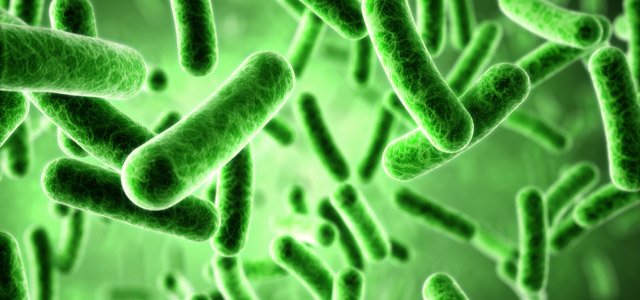The digestive tract, particularly the stomach and intestines, plays a crucial role in processing food and absorbing the essential nutrients the body needs. Maintaining the health of these parts is, therefore, vital. One effective way to care for the stomach and intestines is by ensuring the proper balance of good bacteria within them.

What Are Good Bacteria in the Gut?
The human gut is home to a variety of microorganisms, including different types of bacteria. Some of these bacteria can be harmful and may cause diseases if left unchecked. On the other hand, there are beneficial bacteria that aid the gut in performing its functions. These helpful microorganisms are referred to as good bacteria.
Benefits of Good Bacteria in the Gut
Good bacteria contribute to gut health in several ways:
- Aid in metabolism. Good bacteria help break down certain nutrients from food, making them easier for the body to absorb.
- Combat harmful bacteria. They act as a defense mechanism by suppressing the growth of harmful bacteria.
- Support digestion. These bacteria assist in digesting food more efficiently, ensuring that the body gains maximum benefit from consumed nutrients.
How to Maintain Good Bacteria in the Gut
It is unfortunate that good bacteria can be depleted when taking antibiotics or consuming processed, sugary, or starchy foods. However, there are steps you can take to maintain a healthy balance of good bacteria in your gut:
- Reduce consumption of sugary and starchy foods. Excessive sugar disrupts the balance of gut bacteria, favoring the growth of harmful bacteria. Eating less sugar and starch helps maintain gut health.
- Maintain a balanced diet. Include meat, fish, and vegetables in your meals, as these are foods that good bacteria thrive on. A balanced diet supports overall gut health.
- Eat fermented foods. Foods such as kimchi, yogurt, and cheese are rich in probiotics, which enhance and increase the number of good bacteria in the gut.
- Limit the use of antibiotics. Antibiotics kill both harmful and beneficial bacteria. Whenever possible, opt for natural remedies or alternative treatments to avoid unnecessary antibiotic use.
- Consume bone broth. Drinking broths made from boiled bones and meat helps heal the stomach lining and supports the growth of good bacteria.
- Take probiotic supplements. Probiotic drinks or supplements, such as yogurt or Yakult, are especially beneficial after taking antibiotics. These products contain live good bacteria that help restore gut balance.
Final Thoughts
Maintaining the balance of good bacteria in the gut is essential for digestion, nutrient absorption, and overall health. By making mindful dietary choices and minimizing factors that harm beneficial bacteria, you can ensure a healthy digestive system. Probiotic-rich foods and supplements can also provide a natural boost to your gut health, keeping it in optimal condition.


